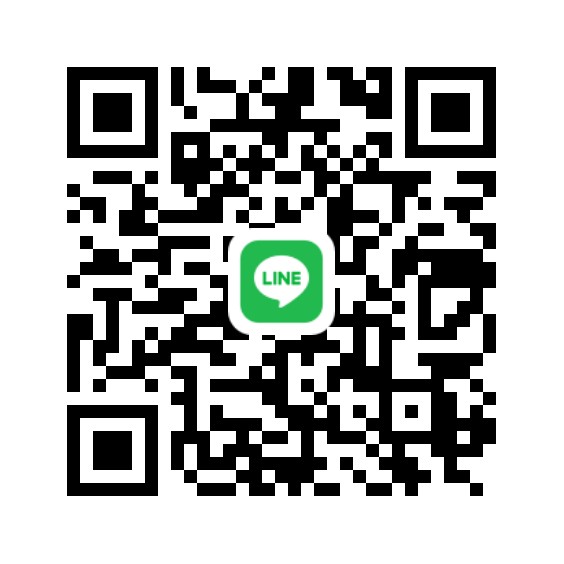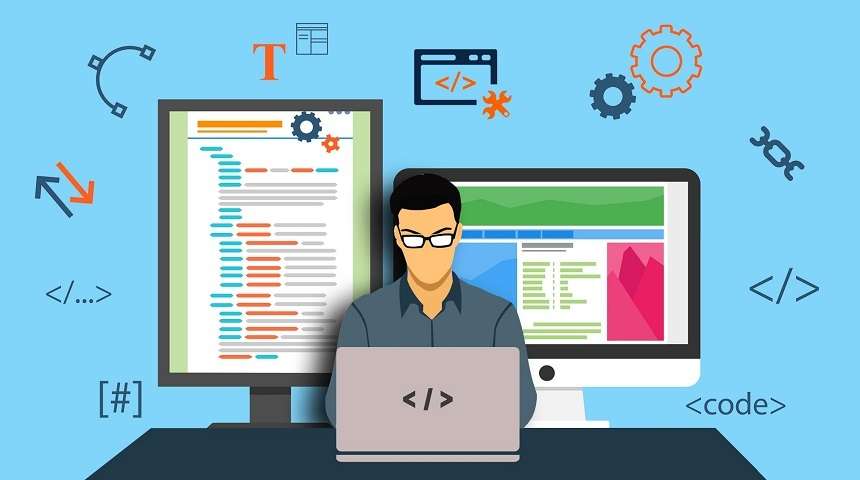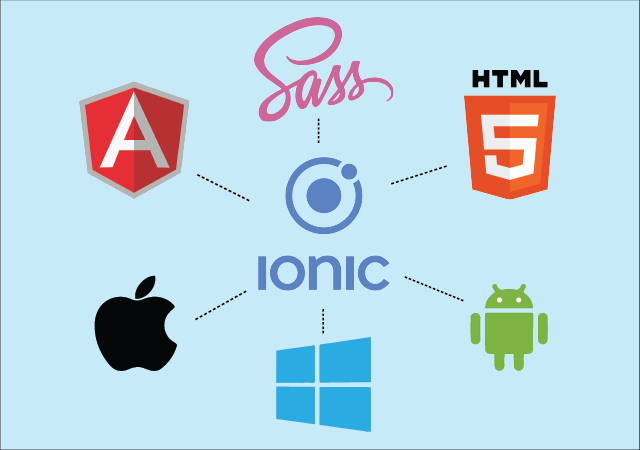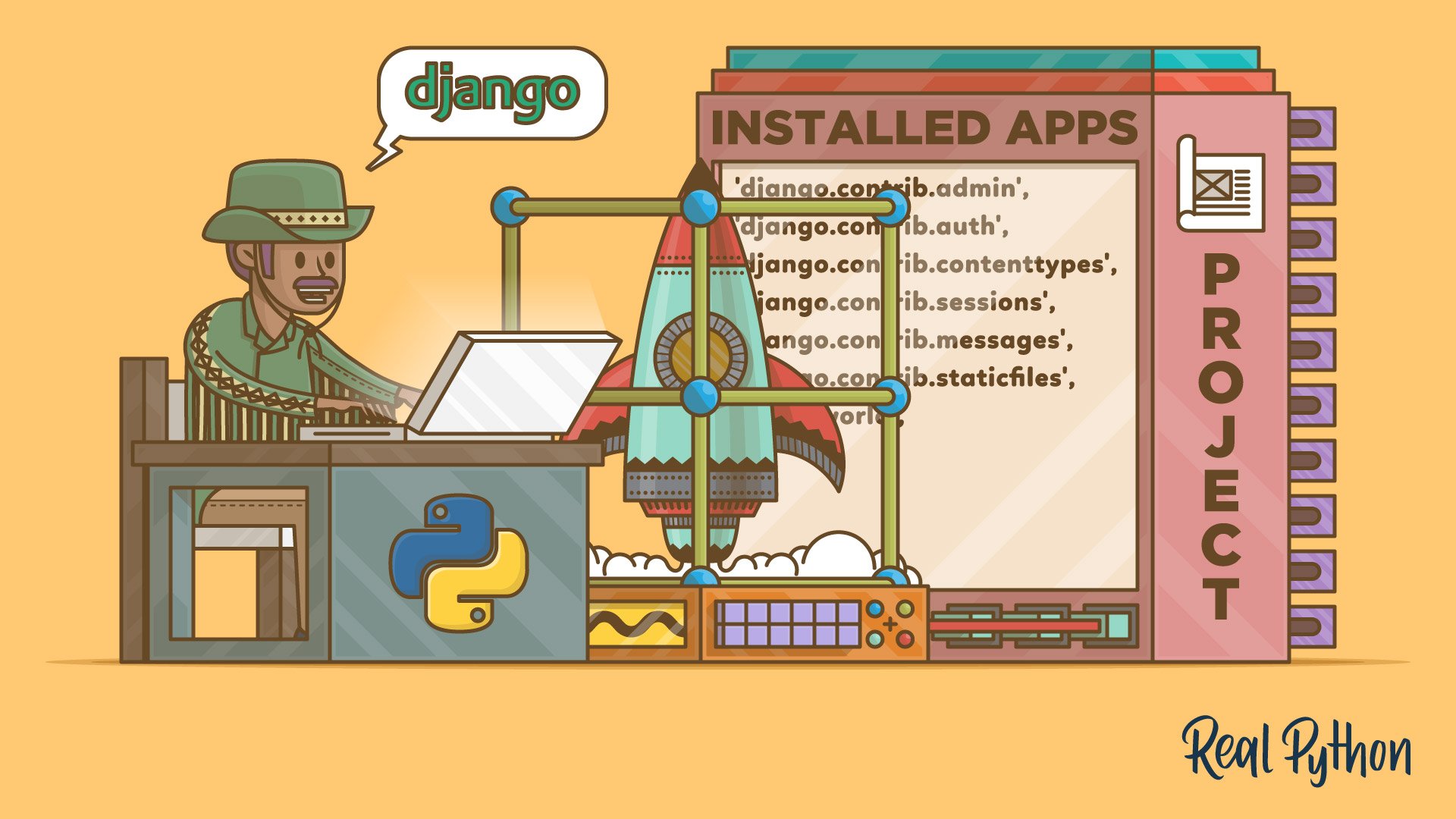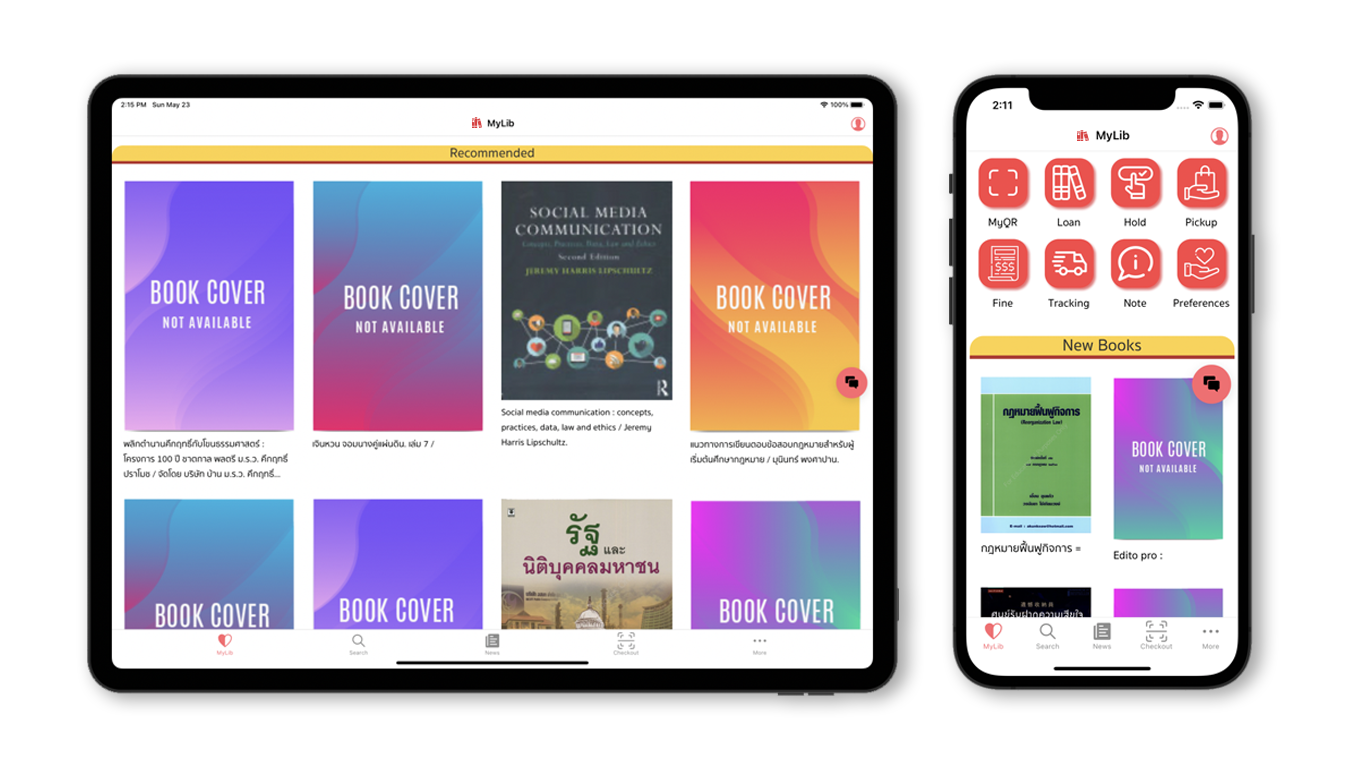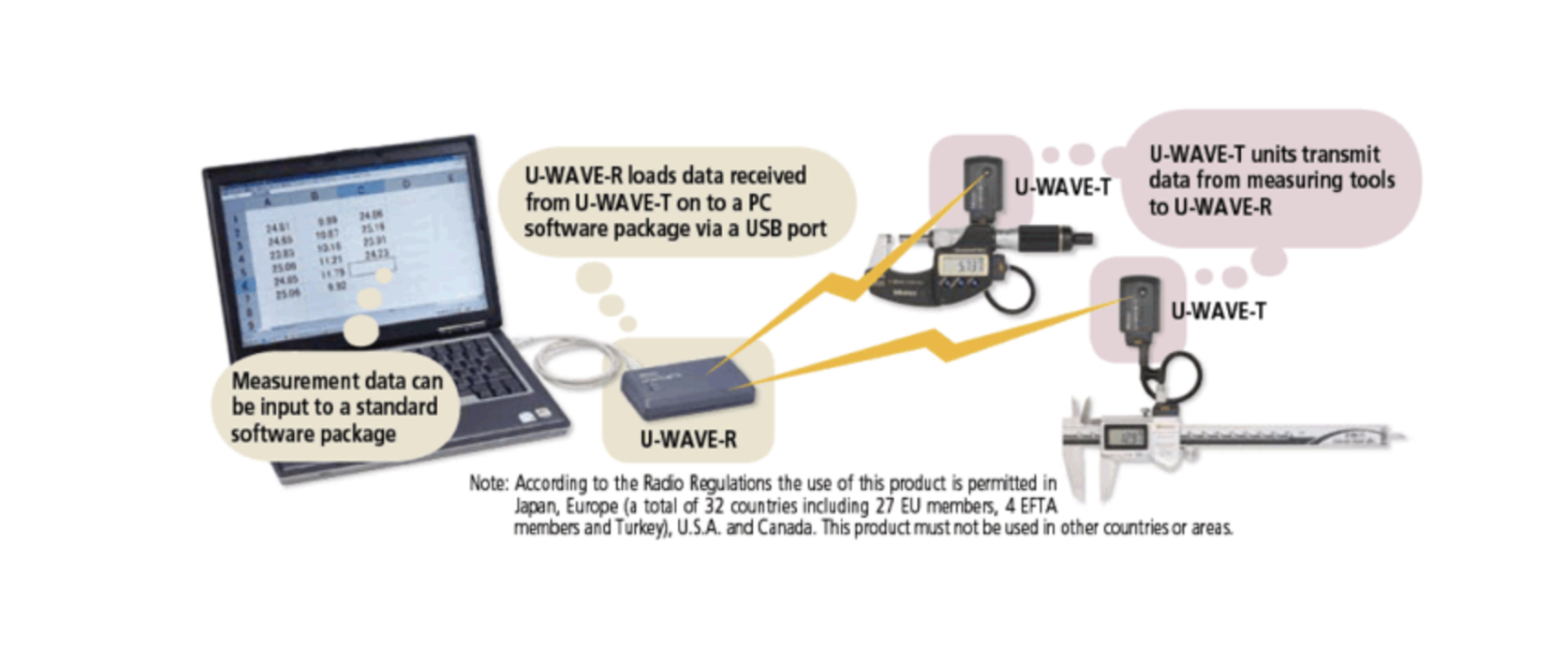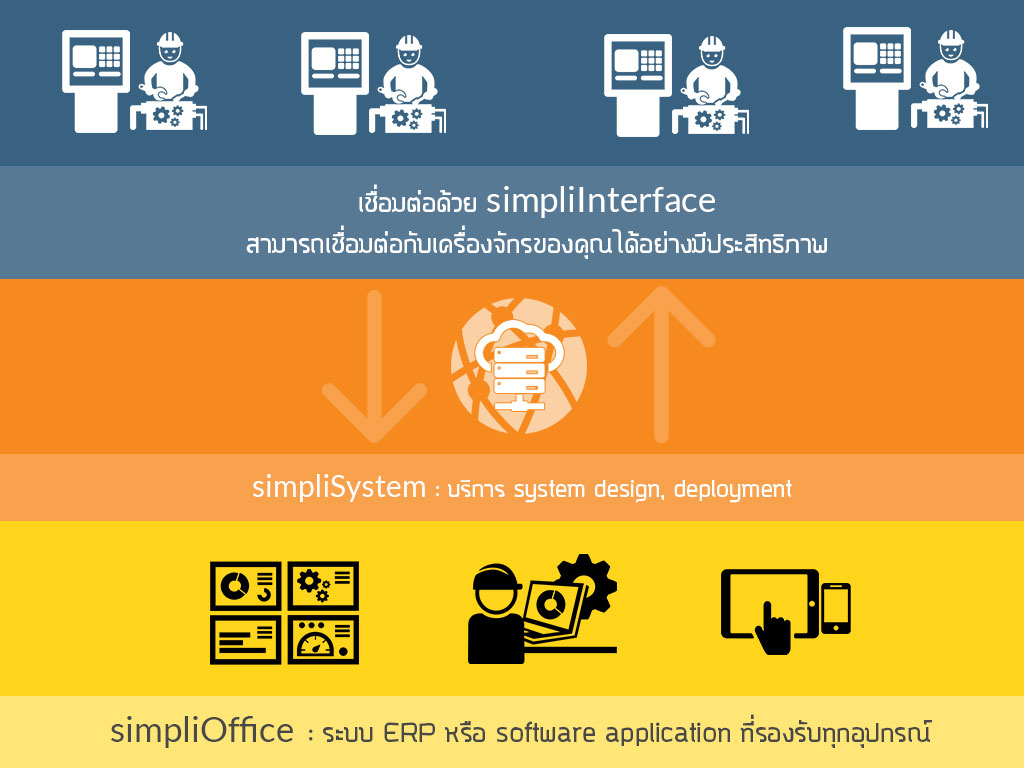Timeless Wisdom: The Books That Teach You How to Think Like an Experimental Physicist
Reading experimental physics is not about memorizing formulas — it’s about learning a way of seeing reality.
Some books do this better than any lecture or lab. They teach precision, honesty, and curiosity — the art of asking nature the right questions and trusting only what you can measure.
Here’s a curated collection of timeless, deep, and mindset-shaping books for anyone who loves the spirit of The Art of Experimental Physics by Daryl Preston & Eric Dietz.
⚙️ 1. The Art of Experimental Physics — Daryl W. Preston & Eric Dietz
This book doesn’t tell you how to perform experiments — it teaches you how to think experimentally.
Preston and Dietz show how every measurement hides human judgment, uncertainty, and creativity. You learn that precision isn’t just about instruments — it’s about philosophy, skepticism, and awareness.
It’s the foundation of this entire list.
🧠 2. An Introduction to Error Analysis — John R. Taylor
Taylor’s book is the gentler companion to Preston.
It’s poetic in its simplicity — explaining uncertainty, propagation, and probability in a way that connects numbers to physical meaning.
It’s the book that turns “error” from a source of fear into a sign of understanding.
📊 3. Data Reduction and Error Analysis for the Physical Sciences — Philip Bevington & D. Keith Robinson
If Taylor teaches intuition, Bevington teaches discipline.
This is the book of professional data analysis, the one that introduces curve fitting, χ² testing, and serious data handling — the mathematical language of experimental truth.
Every researcher should own this.
🧭 4. The Structure of Scientific Revolutions — Thomas S. Kuhn
Why do some experiments “change everything”?
Kuhn’s masterpiece explains how paradigms shape what scientists see — and when a shift happens, even old data can reveal new truths.
For experimentalists, it’s a lesson in humility: measurement lives inside history.
🔬 5. How Experiments End — Peter Galison
What tells a physicist that an experiment is finished?
Galison explores how entire scientific communities decide that “we’ve seen enough.”
It’s not just a technical question — it’s cultural, philosophical, and deeply human.
A beautiful, reflective work for those who want to understand science as a living process.
🧩 6. The Logic of Scientific Discovery — Karl Popper
Popper’s ideas about falsifiability are the backbone of the experimental method.
He argues that science advances not by proving, but by trying to disprove.
If you understand Popper, you understand why physicists never say “we know,” only “so far, we haven’t been proven wrong.”
⚡ 7. The Character of Physical Law — Richard P. Feynman
Feynman doesn’t just teach physics — he teaches wonder.
In this short series of lectures, he explains the unity between theory and experiment, the power of symmetry, and why laws of nature feel “inevitable.”
Few books capture the joy of discovery so clearly.
🔋 8. Experiment, Right or Wrong — Allan Franklin
Franklin studies real experiments and how they succeed — or fail.
He shows that “wrong” experiments still advance science by forcing clearer thinking.
It’s a brilliant look into the self-correcting nature of physics.
🧠 9. Epistemology of Experimental Physics — Nora Mills Boyd
A modern continuation of Preston’s spirit — exploring how we trust instruments and interpret data.
Boyd’s perspective connects experimental reliability with epistemology — how knowledge itself is built in physics.
🔭 10. The Pleasure of Finding Things Out — Richard P. Feynman
A personal favorite for every physicist.
It’s not technical — it’s emotional.
Feynman’s essays remind you why we measure, why we question, and why the joy of finding things out is what keeps science alive.
⚙️ Final Thoughts
These books are not just about physics — they’re about seeing reality clearly.
They teach the patience to measure, the courage to doubt, and the curiosity to start over.
Together, they form a timeless library for anyone who wants to think like an experimental physicist — or simply, like a scientist.
🧭 Suggested Core Reading Path (12 Weeks)
| Week | Book | Focus |
|---|---|---|
| 1–2 | The Art of Experimental Physics | Learn the experimental mindset |
| 3–4 | An Introduction to Error Analysis | Master uncertainty |
| 5–6 | Bevington & Robinson | Deep data understanding |
| 7–8 | Kuhn & Popper | Understand the philosophy of science |
| 9–10 | Galison & Franklin | Study how experiments mature |
| 11–12 | Feynman’s Works | Reconnect with wonder and intuition |
“The beauty of experimental physics,” Preston wrote,
“lies not in the numbers we record, but in the clarity they bring to our understanding of nature.”
Get in Touch with us
Related Posts
- AI 反模式:AI 如何“毁掉”系统
- Anti‑Patterns Where AI Breaks Systems
- 为什么我们不仅仅开发软件——而是让系统真正运转起来
- Why We Don’t Just Build Software — We Make Systems Work
- 实用的 Wazuh 管理员 Prompt Pack
- Useful Wazuh Admin Prompt Packs
- 为什么政府中的遗留系统替换往往失败(以及真正可行的方法)
- Why Replacing Legacy Systems Fails in Government (And What Works Instead)
- Vertical AI Use Cases Every Local Government Actually Needs
- 多部门政府数字服务交付的设计(中国版)
- Designing Digital Service Delivery for Multi-Department Governments
- 数字政务服务在上线后失败的七个主要原因
- The Top 7 Reasons Digital Government Services Fail After Launch
- 面向市级与区级政府的数字化系统参考架构
- Reference Architecture for Provincial / Municipal Digital Systems
- 实用型 GovTech 架构:ERP、GIS、政务服务平台与数据中台
- A Practical GovTech Architecture: ERP, GIS, Citizen Portal, and Data Platform
- 为什么应急响应系统必须采用 Offline First 设计(来自 ATAK 的启示)
- Why Emergency Systems Must Work Offline First (Lessons from ATAK)
- 为什么地方政府的软件项目会失败 —— 如何在编写代码之前避免失败

